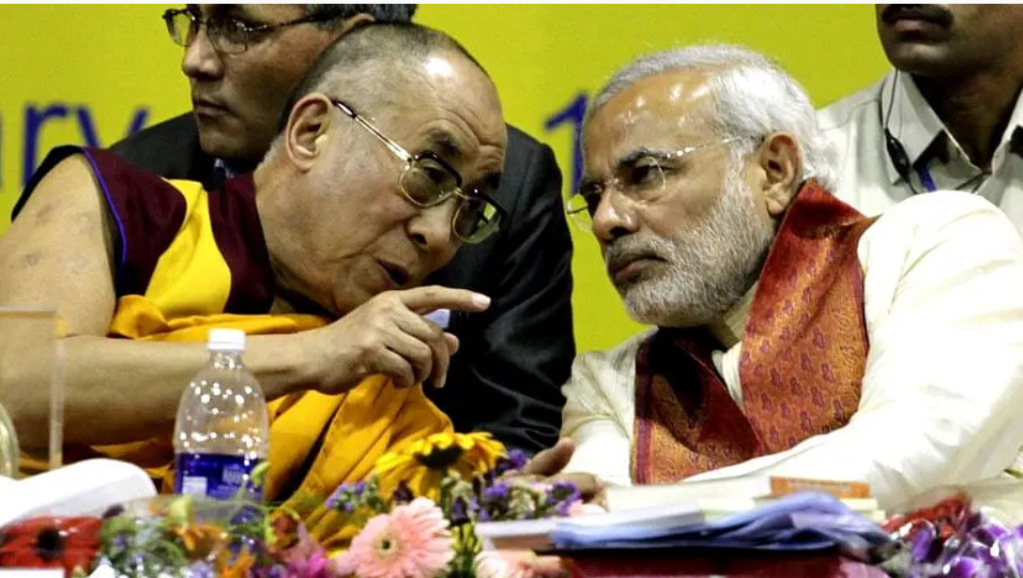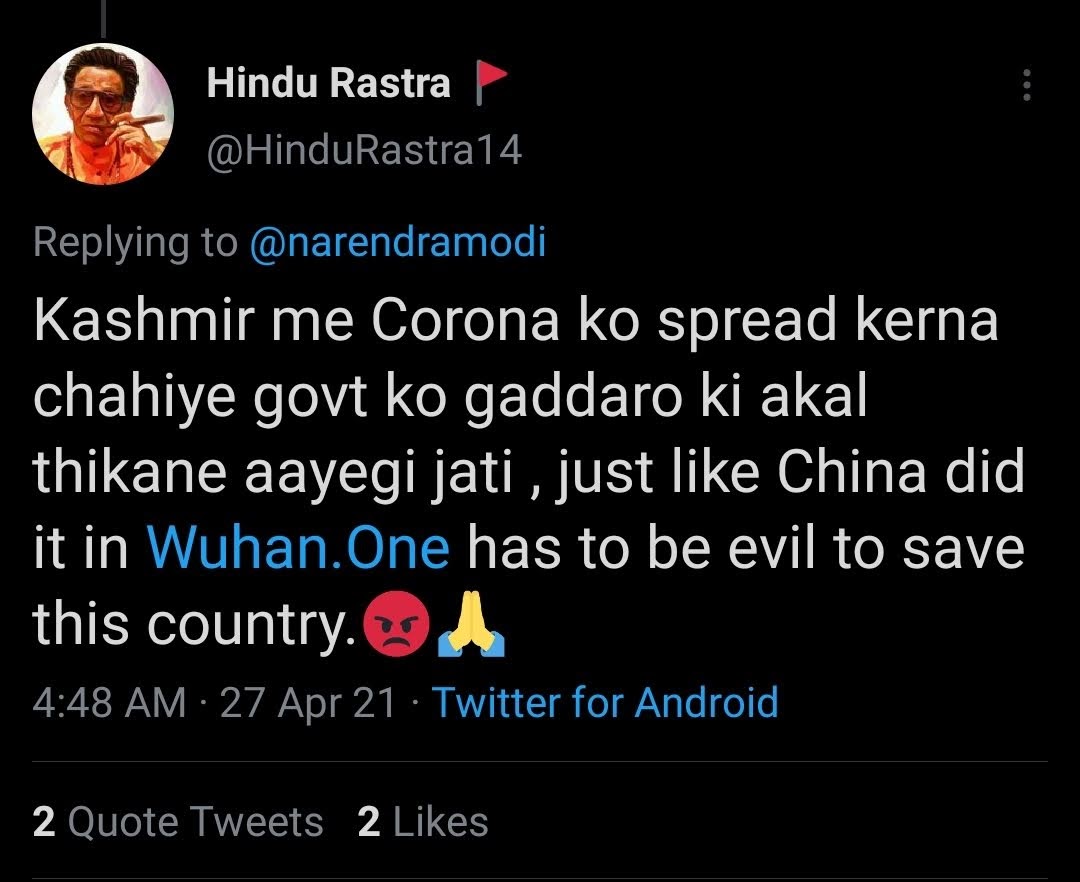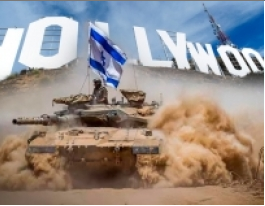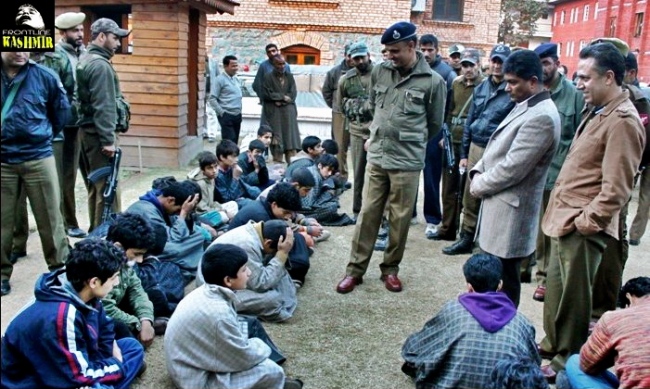By Shaista Aziz Patel

At the conference on Dismantling Global Hindutva and its violence held in September 2021, I had a difficult time scanning the conference program to see where Muslims were as organizers, speakers, and as sites of critical discussion. I could find only a few instances of Muslim presence and not always in ways that would encourage us to actively think about the core place of anti-Muslim violence –as it appears at various intersections of the dominance of Hinduism, caste, gender, and sexuality in the formation of right-wing Hindu nationalism in India and diaspora. This conference claimed to present “multidisciplinary perspectives,” and yet, the reality that most of the speakers and organizers were caste-dominant Hindus really worried me as a caste-oppressed Muslim scholar of Critical Muslim Studies. At this conference, Interdisciplinarity, which is about the critical work of connecting the streets to academia, and also centering the people who are the actual targets of violence, seemed to have been co-opted by South Asian academics in the US who are comfortably situated in terms of caste, class, and citizenship. The organizers and presenters of this conference received several threats from Hindu nationalists in India and diaspora, and I genuinely appreciate the efforts of mostly graduate students and untenured faculty who carried the burden of organizing this conference. However, it was troublesome that the actual subjects targeted by Hindutva forces in India, the Dalits, the Bahujans (lowered-caste people), Indian and Kashmiri Muslims and other religious minorities were displaced from the positionality of those constantly under the threat of death and incarceration in India. These are the people(s) who have been targeted for centuries, for millennia, and regardless of Hindutva in power.
Continue reading “Dismantling Hindutva with Islamophobia?”







